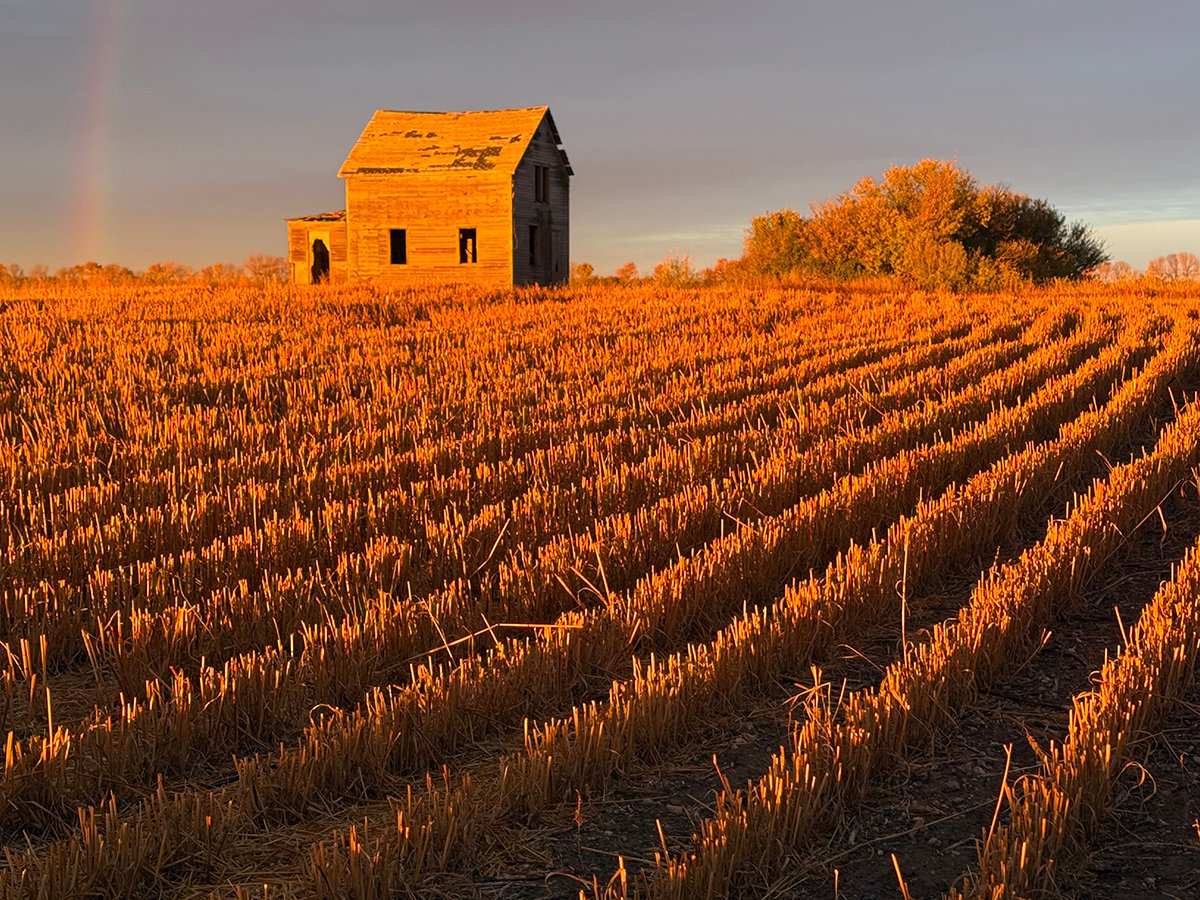A group of Saskatchewan hog producers wants to force into bankruptcy a Moose Jaw processing plant that owes farmers an estimated $4 million.
A spokesperson for the producers said a petition was filed in court in Regina in late June asking that Worldwide Pork Co. Ltd. be put into bankruptcy.
Rick Klassen, who grows hogs near Lanigan, Sask., said the goal of the court action is first to try to recover some of the money owed to farmers, and then to ensure that the present owners of the plant are forced out of the industry.
Read Also

Forecast leans toward cooling trend
July saw below average temperatures, August came in with near to slightly above average temperatures and September built on this warming trend with well above average temperatures for the month.
“We don’t know if petitioning the courts to put it into bankruptcy will generate any money for us, but sometimes you’re looking for justice as well as money,” he said in an interview last week.
“Our desire is to get rid of them from Worldwide Pork, force them into bankruptcy, have the government pursue someone else to take the plant over and start up again.”
He acknowledged that, as unsecured creditors, the farmers would be well down the list of those receiving payments if the assets of the firm are paid out.
Officials from Worldwide Pork could not be reached for comment.
Exactly why the plant ran into financial trouble is a matter of speculation in the industry, although some say it was caught in a squeeze between low-priced, long-term supply contracts to Japanese buyers and rising hog prices in Canada.
The company started in 2004 after owners Kenji Nose and Tom Cheng purchased the facility from Tai Wan Pork.
The plant, which has the capacity to slaughter about 1,200 hogs a day, closed in May after the 30 or so producers with whom it did business stopped delivering animals because they weren’t getting paid.
Klassen said the producers, including a number of local Hutterite colonies, were owed in the range of $3.5 to $4.5 million, with individuals out of pocket anywhere from $5,000 to $450,000.
He said lawyers from the company have made a number of proposals to try to resolve the case, under which the farmers would agree to defer payment for a number of months and accept less than market prices, with the current owners retaining control of the company.
“That’s not acceptable,” he said. “We will not deal with them again.”
Saskatchewan’s deputy premier said he is optimistic that a deal will be reached to keep the processing facility in business.
“We’re of the view that the Moose Jaw plant is extremely important to the future of the pork processing industry in the province and we will go to great lengths to assist in making sure we have a packing processor in Moose Jaw,” Clay Serby said.
The private sector must take the lead role in reviving the facility and the government is prepared to assist, he said.
However, Serby emphasized that the province will not put any more money into the operation until there is a new business structure and business plan that has the confidence of all stakeholders, including producers.
“It’s obvious by the petition from the producers that they have lost confidence in the operation,” he said. “I don’t believe it would be prudent on behalf of the government to be putting any additional dollars into the operation when it is under that kind of challenge from the very people you need to make it work.”
Asked if future government assistance will depend on a change in ownership, as the producer group is demanding, Serby said no.
“The dilemma is we do not have a business plan today we feel confident in,” Serby said. “We will need to see that and producers will need to see that before there is any kind of additional provincial dollars going into the plant.”
The province contributed a $1 million equity investment in the plant at the time of Worldwide’s purchase. Those preferred non-voting shares were later converted to a secured demand loan. The government’s current stake in the plant consists of $2.3 million of debt financing.
Meanwhile, producers who used to deliver to the Moose Jaw plant have to ship their hogs to facilities in Saskatoon, Red Deer, Brandon or Neepawa, Man.
Klassen said producers are having no trouble finding a home for the 3,500-5,000 hogs a week that used to move through the Worldwide plant, but there are extra transport costs.
Peter Unger, a Hague, Sask., producer and chair of SPI Marketing Group Inc., said it’s important to get the Moose Jaw plant running again as soon as possible.
“The industry needs it,” he said, adding that while other packers may be able to handle the displaced hogs now, that could change in the fall.
“At that point we would be caught in a squeeze where we can’t contain all the slaughter in Canada, and they’ll have to go the U.S. at a $15-$20 per pig loss,” he said.
The Moose Jaw plant is an excellent facility with high operating standards, a skilled and experienced labour force, and the potential for expansion, he said, and it would probably attract a lot of interest from potential investors, including possibly producers.
“I think they could double that plant’s slaughter capacity with a minimal investment,” said Unger.














